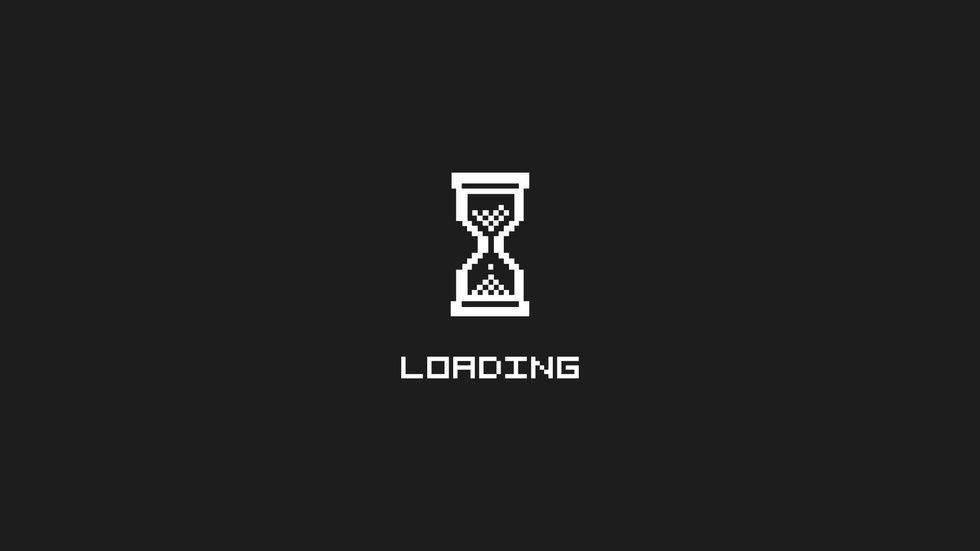Learning to wait takes time - you literally have to wait to learn to wait, which is why many of us have given up and settled for impatience. With a longing for instant gratification in our hearts and with our smartphones in our hands, we set out on a long, frustrating journey into our daily lives.
What makes it so frustrating? The long line at Starbucks. A traffic jam on the way to work. A printer that prints too slowly. A person who won't stop talking long enough for you to comment. Your computer's poor internet connection. These are frustrating because we have a day planned, and it is repeatedly interrupted by inconveniences that delay us and hinder our control. It is frustrating because we have expectations for how quickly Facebook should load or how soon a friend should reply to a text, and more often than not, our expectations are not met.
The art of waiting is found in our ability to alter our expectations and give up control. We cannot change how many people want coffee in the morning or the highway construction or a printer jam. We cannot make time progress any faster or slower according to our preferences. If we wake up with a list of steadfast expectations for speed, efficiency and minimal waiting time, we will surely be disappointed.
But what if we appreciated each moment individually and were grateful for the times of waiting, as they give us the opportunity to reflect? What would our days look like? What if the half-hour wait in the doctor's office turned into 30 minutes of peace, contemplation, and a moment to catch our breath? Would life be less frustrating? Would waiting be more of gift than a burden? Probably.
Now, I understand that sometimes waiting makes us late for work or miss meetings with friends, which is genuinely annoying, but if we can change our attitude and find at least one positive moment within our times of waiting, it can dramatically reduce stress and increase self awareness. We seldom take time to productively reflect on the day's conversations or experiences. What if every time we were inconvenienced by a long line or a boring situation we used it as an intentional time to stop and think, instead of a chance to mindlessly scroll through Instagram or catch a Pokemon? How would that change our lives?
We would become better friends, more willingly to spend time listening and connecting. We would become people who are increasingly more aware of the world we encounter - those in the Starbucks line, the lives riding through rush-hour traffic, the stories walking all around us. We would slowly learn to wait in the more challenging moments.
The art of waiting is found in the beauty of stepping stones and the challenge of traversing the space between the steps, because waiting is also about working. We must actively choose to appreciate waiting regardless of the circumstances - long line, potential job offer, relationships. And as we appreciate each step, we build a bridge to move forward, which is far better than believing we can go from A to Z without all the letters in between, or constantly worrying about what will come next.
We often worry that waiting is preventing us from taking action, from really taking advantage of life, because we are trained to believe that living means constantly moving, and that if it isn't happening now, something is wrong. However, I challenge you and myself to reassess what it really means to live life. Without waiting we can never learn contentment or contemplation, and if we cannot be at peace or think about what it means to be alive, are we really enjoying living? I have to say no. You want to get the most out of life? Start by getting the most out of the moment, even if that moment is five years of waiting for a new job or the love of your life or five minutes at a drive-through window.
And the reward of all this? Besides being a kinder, more patient, zen person, waiting makes the final event so much sweeter. Think of how excited children get on Christmas Eve - waiting builds anticipation and joy, so when presents are opened and family is gathered in the morning it makes it all worth it.
The art of waiting is simple but difficult. Be still in the moments of waiting, but work for that stillness. Appreciate the chance to pause, to think, to simply be. Sometimes you work. Sometimes you wait. Sometimes you do both.



















